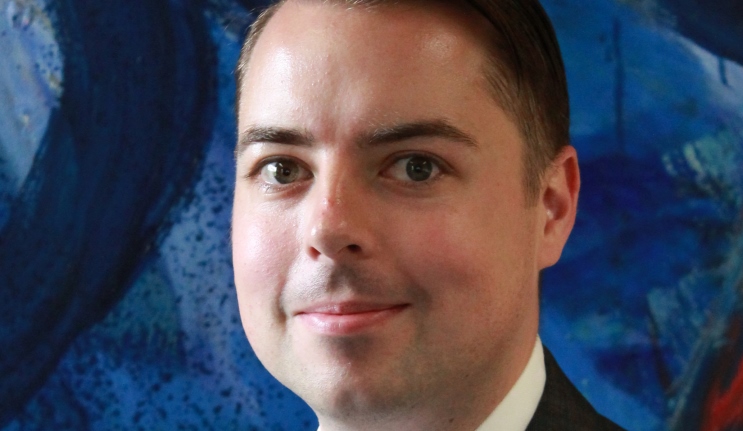
RESEARCH NEWS
Research Spotlight: Dr David Mullan
Being asked to help a client create and sell ‘weather futures’, which allows you to buy a sunny, 32 degree day in November, was a sharp wake-up call for then corporate lawyer Dr David Mullan. It made him realise that not enough had been done to change the regulation of financial products since the global financial crisis.
He returned to university in 2011 to research whether consumers were being adequately protected from future collapses, and says that he realised the work he was doing was valuable when he was interviewing energy traders who used to work for Enron Australia. Although most of these traders saw the collapse of Enron as a great tragedy and expressed the sort of views on Enron that one would expect, there was one trader who reminded him why he was doing his research.
“Without the slightest hesitation he told me that the problem with Enron ‘wasn’t the fraud. It’s that they didn’t go ‘hard enough’” says Dr Mullan. “Whenever I think back to that statement it reminds me that there is still a very important, primarily unregulated industry with very real dangers lurking in the shadows.”
Today he is an Associate Lecturer at Macquarie Law School exploring the regulation of superannuation.
“Because of compulsory superannuation, nearly every person in Australia has a substantial amount of money tied up in complex financial products and trusts that the ‘expert’ who manages their money is doing what she or he should,” Dr Mullan explains.
Rather than buying a representative spread of ASX 200 shares and sitting on them for 30 years, which research indicates will produce the best result, he says they feel the need to use complex, new products to justify their position. “It breeds a system of complexity for complexity’s sake, unnecessarily increasing risk and making legal regulation an amazingly complex problem. I want to make sure that the people who create and implement the law understand what your superannuation manager is doing with your money.”
He says that very little has changed since the Global Financial Crisis and believes that little will change “unless people clearly understand what financiers, investors, superannuation managers and other very clever finance people actually do”. He goes further. “If voters were capable of meaningful participation in the regulation of financial products, then the power to create or avoid the next great financial crisis would be in the hands of the people, rather than a select group.”
Looking to the future, Dr Mullan believes that by properly understanding financial regulatory systems issues facing Australia now, then by applying the lessons learned it will be possible to build a more robust ‘crash-proof’ system in new and developing economies.
“Passing on these lessons as new countries start opening derivatives and other advanced financial markets is going to be essential to world economic stability. If through research and dissemination of research we are able to stop or at least minimise the first Chinese derivative market crash, we will make Australia a much more comfortable place to live,” he says.